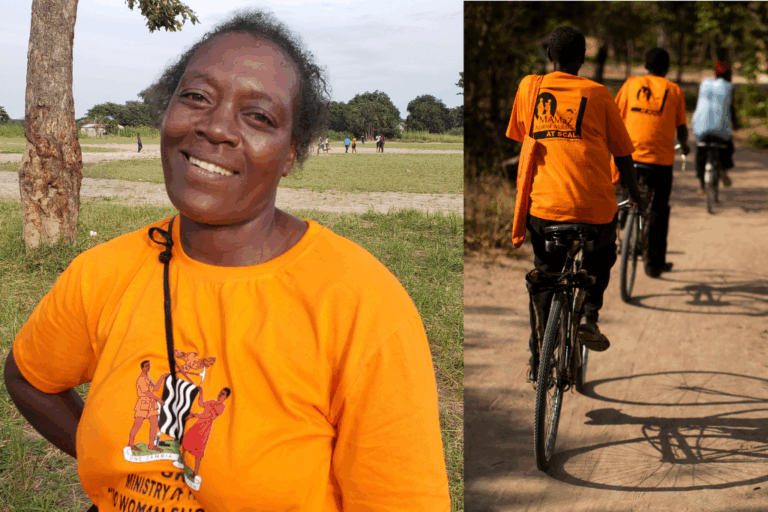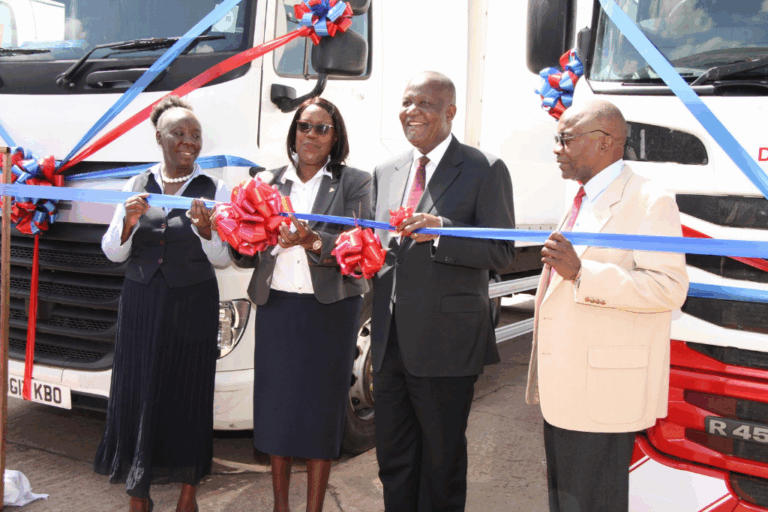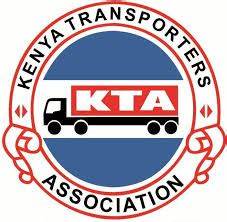
News

Emergency Transport Scheme beats targets to transport over 1,700 pregnant women in Nasarawa State
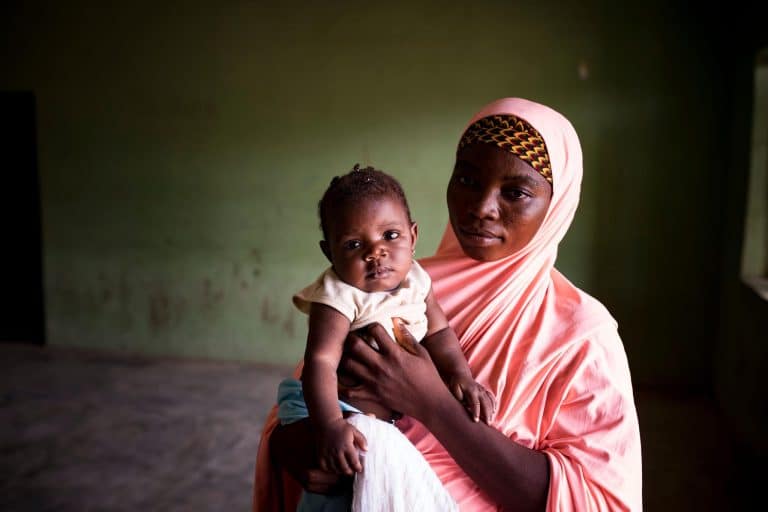
In rural Nigeria, many communities live far from a health facility, with only limited transport available to take people to vital services. This often means that pregnant women cannot afford to access medical treatment in emergency situations. The Emergency Transport Scheme (ETS) – established in partnership with the National Union of Road Transport Workers (NURTW) – aims to address this by creating a network of volunteer taxi drivers who serve their communities by transporting pregnant women to health facilities.
Building on the learnings from similar ETS approaches in other parts of Nigeria, ETS began working in in Nasarawa State, North Central Nigeria, in 2017. It was thanks to a small amount of money primarily donated by the transport and logistics sector that we were able to prove the need and importance of this scheme for those living in this state. From that point, we sought and achieved funding from an international donor, the Puma Energy Foundation.

Since its introduction in Nasarawa State, ETS has transported a staggering 1,752 pregnant women to a registered health facility during a 15-month period – surpassing all targets set alongside the Puma Energy Foundation.
The ETS service is provided by a pool of more than 100 taxi drivers from the NURTW, who have been trained to correctly lift and transport pregnant women to health facilities. The service offered by the drivers is almost always free of charge, guaranteeing an affordable, accessible and safe transport service for women facing a maternal health emergency and for labour.
An ETS user survey found that in 92 per cent of cases, this emergency transport was arranged in less than 30 minutes – and for 88 per cent of women, the journey to the health facility was completed within a half-hour period.
Reflecting on the results, Transaid CEO Caroline Barber, said: “In rural and peri-urban areas of Nigeria, transport availability can be scarce and distances to health facilities significant, which is one of the reasons homebirths without a skilled birth attendant have traditionally been the most common option for pregnant mothers. This has led to a maternal mortality rate significantly higher than the national average, which is precisely why the ETS was founded.”
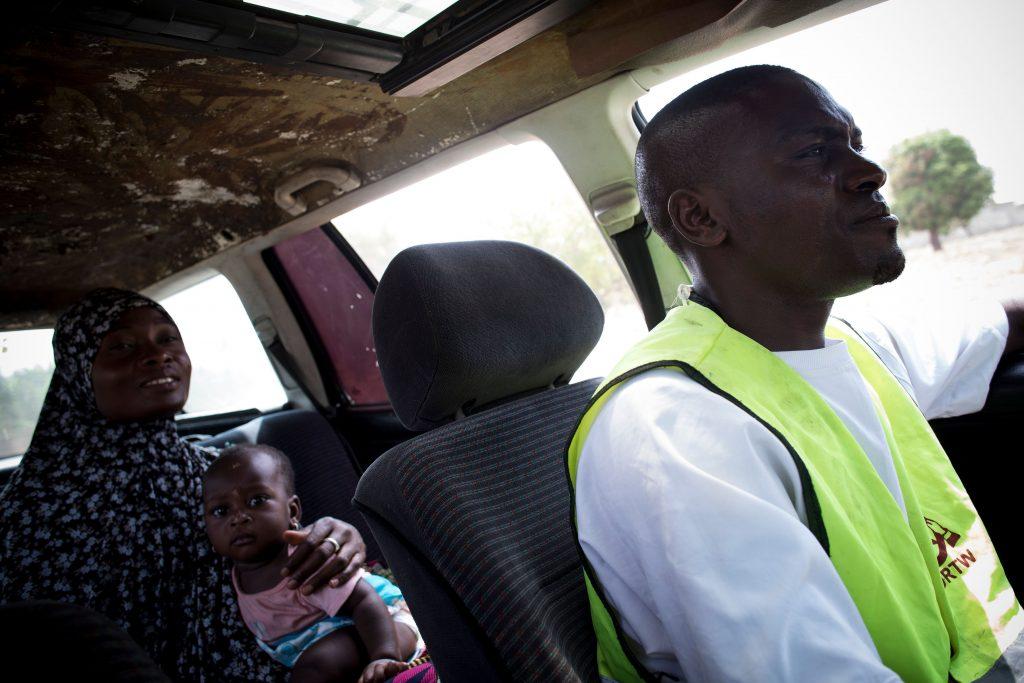
During the survey, no women reported being dissatisfied with the scheme, nor the service the ETS volunteer drivers provided. Sixty one per cent of women said they found out about the ETS through one of their local volunteer drivers.
Caroline added that the positive impacts of the scheme have been wide-reaching in communities: “One of the many upsides of the project has been seeing the drivers’ status in their community rising too. We’ve heard frequent accounts of volunteers being praised and given blessings for their role in improving women’s health, and indeed going well beyond the role they were originally expected to play. Women have told us about drivers who have donated blood when there has been a shortage, drivers who have waited all night for them to be discharged so they can safely transfer them and their new baby home, and even one driver who negotiated with armed robbers so they could pass safely.”
ETS was delivered in collaboration with many stakeholders, including the Nigerian Ministry of Health, Ministry of Women Affairs and Social Development, and Ministry of Transport. As a direct result of its success, an increasing number of NGOs have shown an interest in collaborating to upscale the scheme to include additional Local Government Areas in Nigeria.

Read more stories from ETS Nigeria here.
Recent Posts









